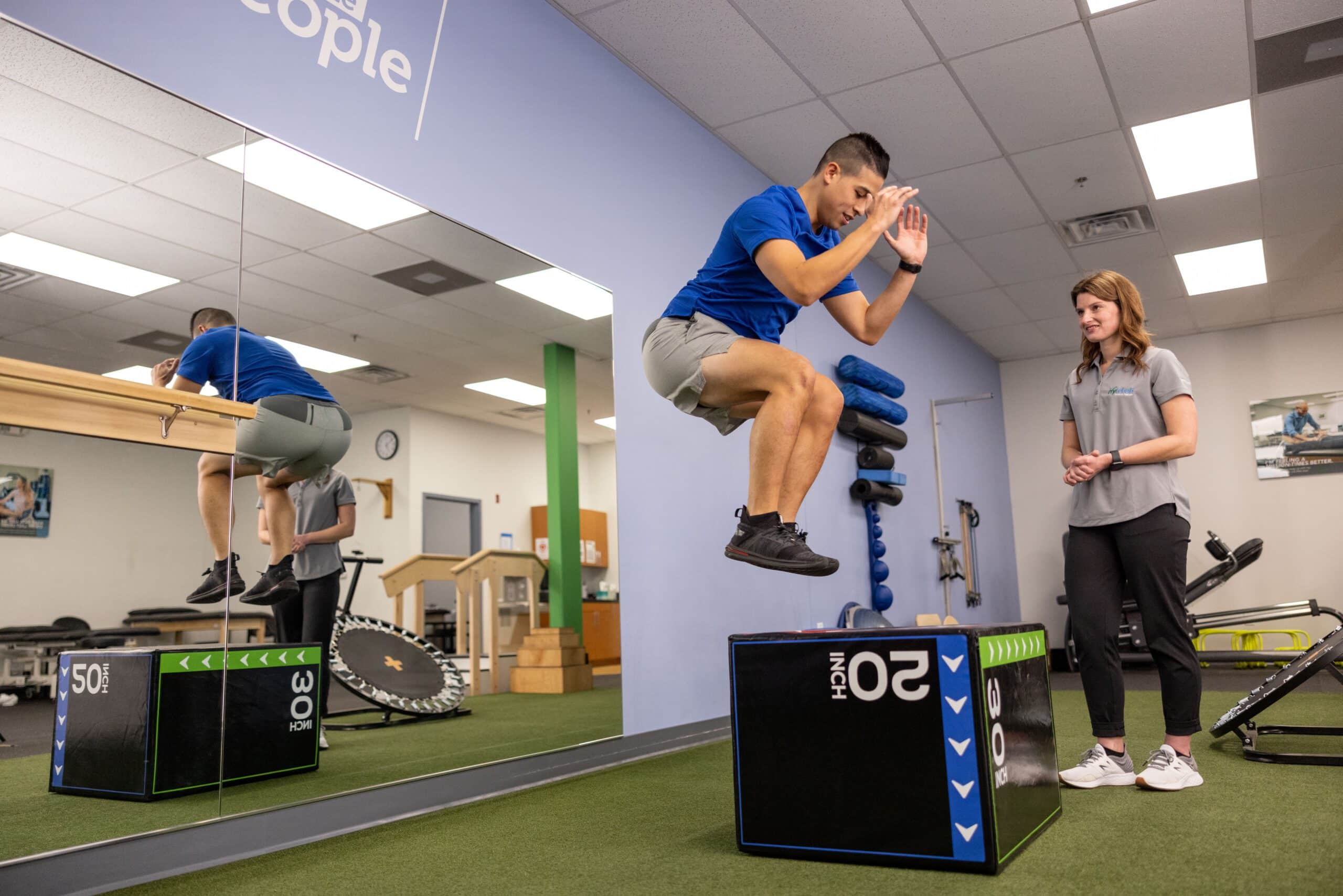Improving Rehab Outcomes Via Efficient Functional Motion Assessment Protocols
Improving Rehab Outcomes Via Efficient Functional Motion Assessment Protocols
Blog Article
Functional Mobility Screening (FMS) is a valuable tool used to evaluate an person's movement mechanics. This screening helps identify any weaknesses or discrepancies in the body, which can result to harm if not addressed. In recovery settings, FMS can serve a crucial role in improving recovery results. By understanding how each individual moves, healthcare professionals can design targeted recovery programs that concentrate on enhancing power, mobility, and overall performance.
One of the key advantages of using FMS in recovery is its ability to identify specific areas that need improvement. For instance, if a patient has difficulty with squatting or lunging, it may suggest a deficiency of mobility in their hip joints or ankles. This data allows therapists to create customized exercise programs that highlight correcting these shortcomings. As a result, patients are more likely to recover their strength and functionality, which is essential for resuming to daily activities or athletics.
Incorporating efficient FMS protocols can also assist avoid future injuries. Many damages occur due to poor their website mobility mechanics or excessive use of specific muscle clusters. By evaluating individuals before they begin a rehabilitation plan, clinicians can identify hazards and establish strategies to reduce them. Educating patients about proper mobility patterns and strengthening underdeveloped areas can lead to long-term advantages, promoting that they stay active and healthy.
Additionally, the use of FMS can improve communication between healthcare professionals and patients. When patients witness their movement mechanics assessed and clarified, they gain a clearer understanding of their rehabilitation process. This transparency fosters confidence and encourages patients to take an engaged part in their recovery. By involving patients in their recovery process, they are more likely to adhere to recommended exercises and lifestyle changes that support better results.
In conclusion, enhancing rehabilitation results through efficient functional movement assessment procedures is essential for both clients and healthcare providers. By precisely assessing movement patterns, therapists can create customized rehabilitation plans that meet individual requirements. This not only discover this facilitates in recovery but also helps avoid future harm. As patients become more involved in their rehabilitation journey, they are likely to attain their goals and maintain a fit, active lifestyle.